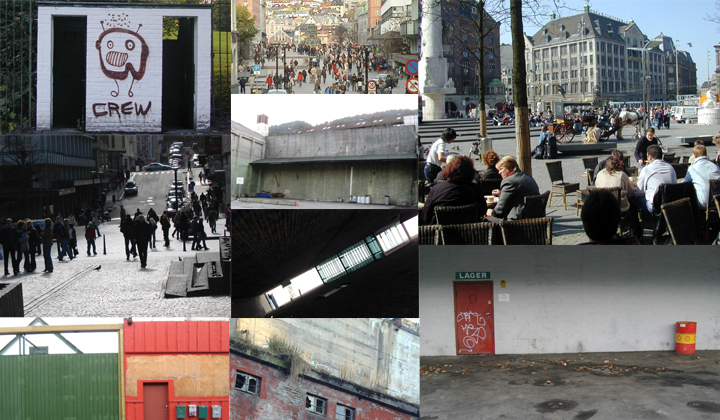
I read a short article from the Boston architecture and urban planning firm Utile that discusses how a firm's local focus can create insight into the idiosyncrasies of a city. The architect, over time takes on a anthropologist role as local projects eventually become one giant case study into a given area.
With many landscape architecture firms currently reaching to the ends of the earth to scour for jobs, how effective can we be as "place makers" if we've only seen the site remotely, or have taken a brief site visit? If we are designing spaces for people should landscape architects devote more time to human-centered ethnographic research? Or if products or services are not concerned (meaning money), as designers is it simply enough for us to decide what people will want in a space?
Intimate understanding of a city leads to understanding the behavior of it's citizens and thus more fitting design. Landscape Architecture is often considered one of the more easily disposable disciplines, and I can understand why, its not easy to put a monetary value on the service. But if you consider long term, well executed and designed interstices no doubt have positive psychological effects on users which is carried throughout their work and spending environments.
So, two questions. We know of spatial dynamics, what constitutes pleasing space, but is this socially, culturally, and geographically independent?
And, what are some creative solutions for better monetizing what is considered the intrinsic value of landscape architecture?
